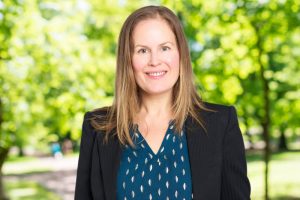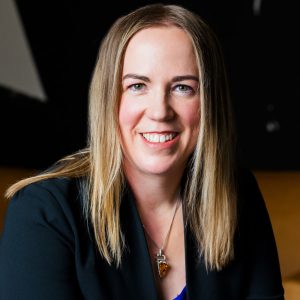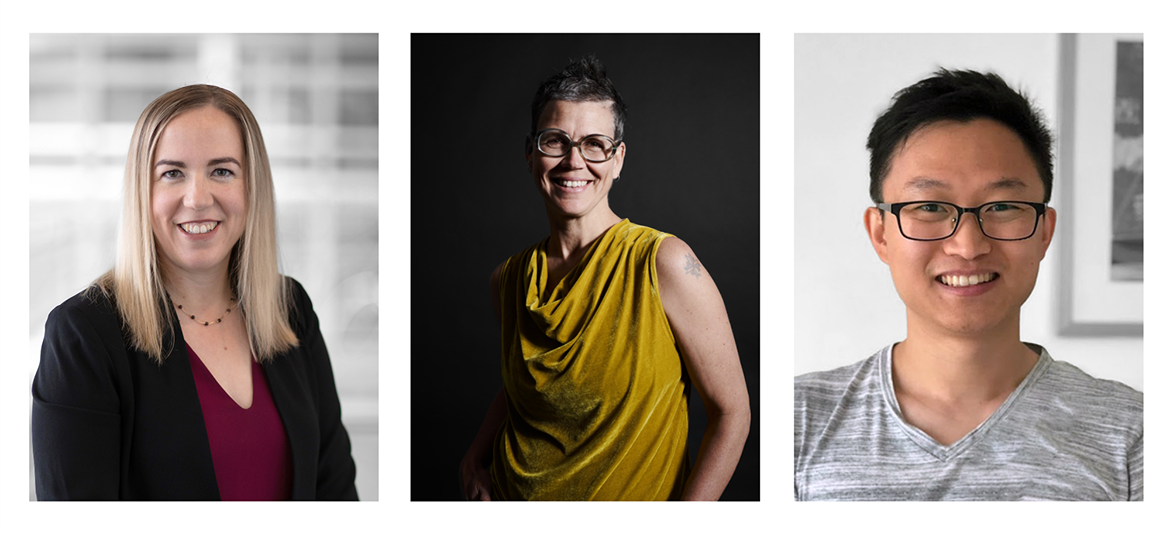Dr. Chen Feng leads one of nine UBC-led projects that received NSERC Quantum Grants
Dr. Chen Feng, a researcher at UBC Okanagan’s School of Engineering, has been awarded $165,186 in funding from the Natural Sciences and Engineering Research Council of Canada (NSERC) to support his groundbreaking work in quantum computing and communications.
The funding, announced today, is part of a $7.2 million investment in nine UBC-led Quantum-based projects taking place in support of Canada’s National Quantum Strategy.
In collaboration with Canadian quantum computing startup company, Xanada, Dr. Feng’s research focuses on developing secure data transmission methods and advancing next-generation quantum technologies, contributing to Canada’s leadership in this transformative field.
The National Quantum Strategy, launched in 2021, represents a $360 million commitment to solidify Canada’s global position in quantum innovation. Dr. Feng’s work at UBCO highlights the impact of local research on national and international advancements in this rapidly evolving sector.
In total, 107 Quantum projects were funded across Canada, showcasing the critical role of Canadian researchers in shaping the future of quantum science.
Sherry Romanado, Parliamentary Secretary to the President of the King’s Privy Council for Canada and Minister of Emergency Preparedness and Member of Parliament for Longueuil-Charles-LeMoyne, on behalf of the Honourable François-Philippe Champagne, Minister of Innovation, Science and Industry, announced the funding.
A total of $74 million was announced in support of 107 quantum science projects through the following NSERC funding opportunities:
- Alliance Quantum grants – more than $50 million awarded to 39 projects;
- Alliance Consortia Quantum grants – nearly $20 million awarded to four projects;
- Alliance International Catalyst Quantum grants and Alliance International Collaboration Quantum grants – more than $4 million awarded to 64 projects.
——————————————————————————————————————————————
UBC-led Projects
- Lattice-Based Quantum Error-Correcting Codes for Photonic Quantum Computing
UBC PI: Chen Feng (School of Engineering – UBC Okanagan) - Time-resolved Higgs spectroscopy in high-temperature superconductors
UBC PI: Andrea Damascelli (Physics & Astronomy) - Qutrit compilation strategies toward practical quantum simulations of lattice gauge theories
UBC PI: Olivia Di Matteo (Electrical and Computer Engineering) - Emergent Quantum Phenomena in Bulk Heterostructures
UBC PI: Alannah Hallas (Physics & Astronomy) - Machine-learning models for 2D quantum materials
UBC PI: Christoph Ortner (Mathematics) - Hybrid Integrated Quantum Light Sources
UBC PI: Lukas Chrostowski (Electrical and Computer Engineering) - High-temperature single-photon detectors for photonic quantum computing
UBC PI: Andrea Damascelli (Physics & Astronomy) - Large-Scale Quantum Simulations for Organic Semiconductor Design
UBC PI: Zachary Hudson (Chemistry) - Quantum “rotonics”: the study of laser-induced ultrafast dynamics of rotons in superfluid helium for terahertz sensing and imaging
UBC PI: Valery Milner (Physics & Astronomy)









